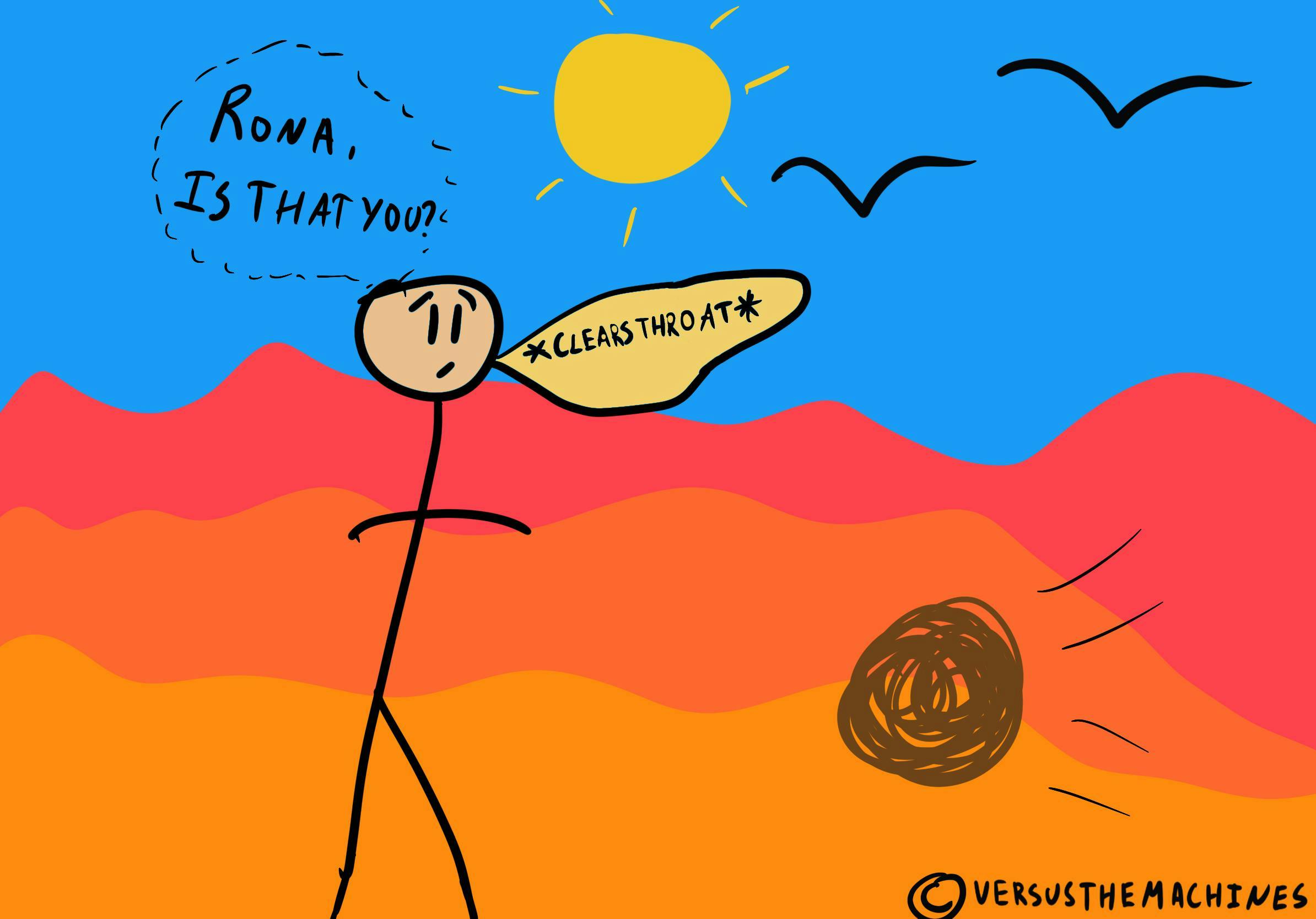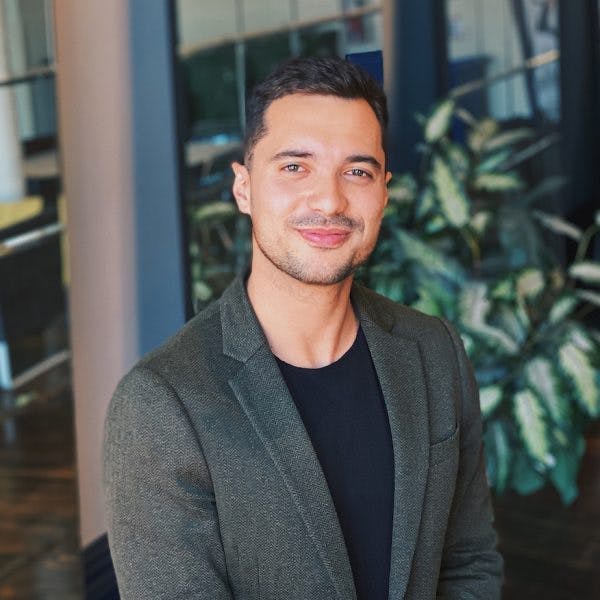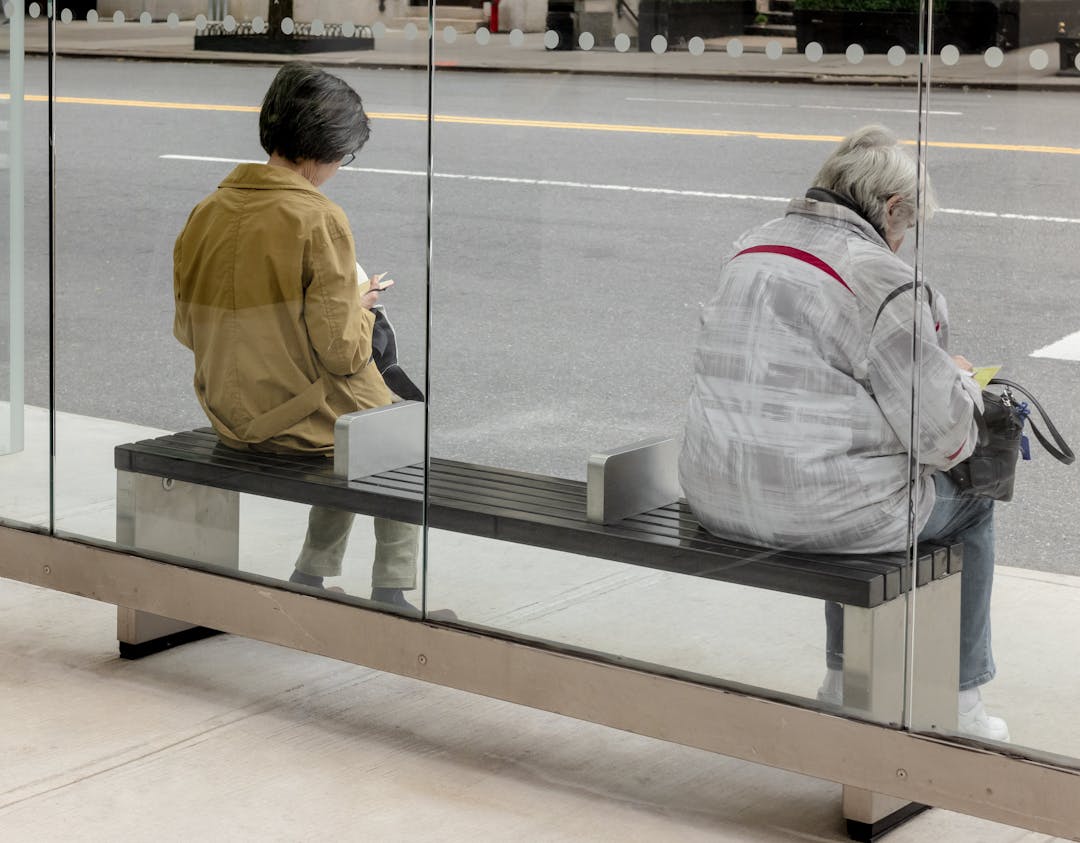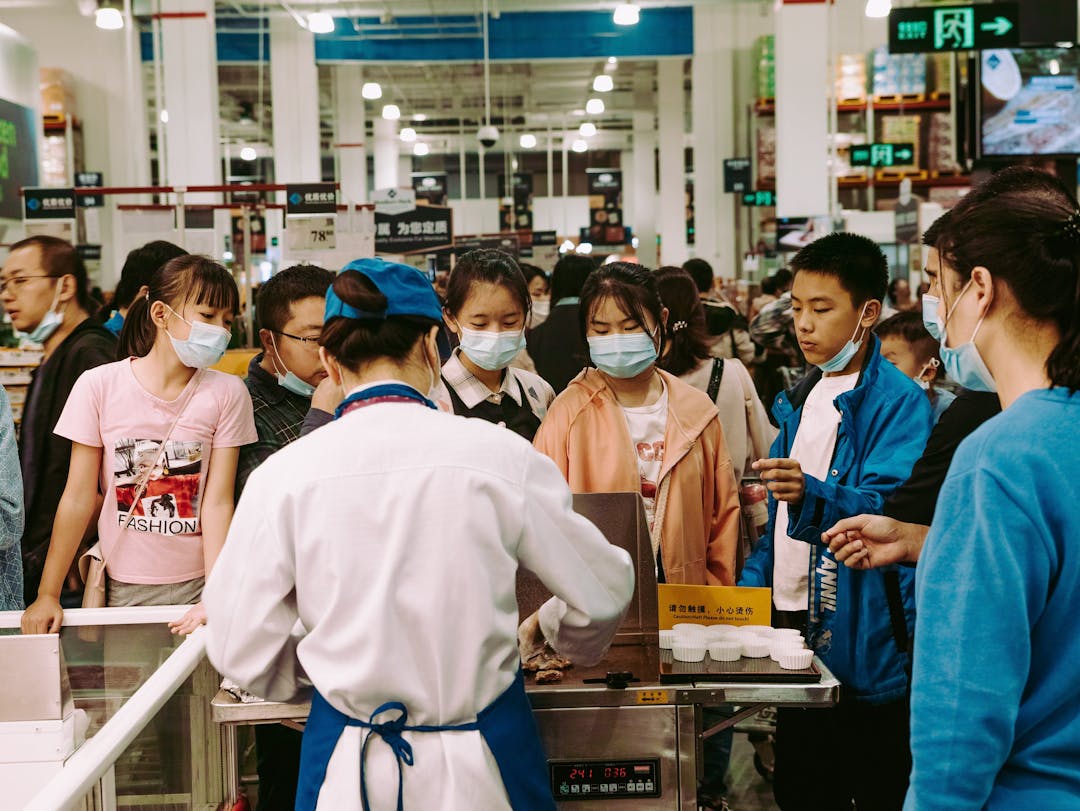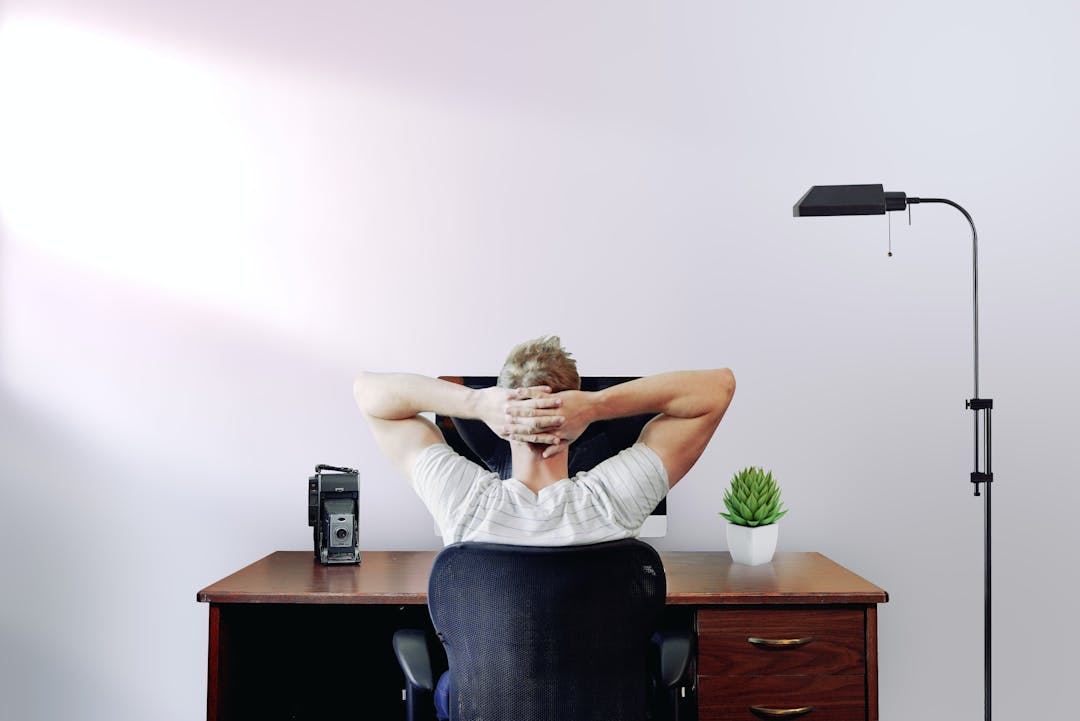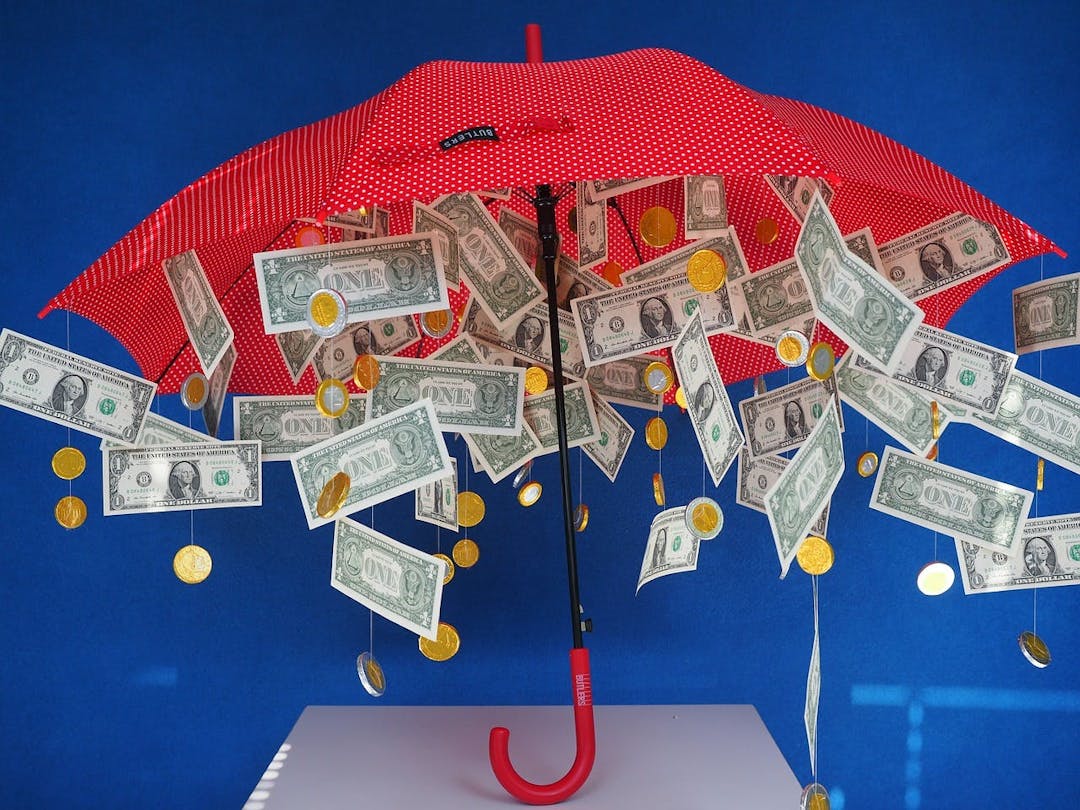Covid-19 or: How I Learned to Stop Worrying and Love the Virus (not really)
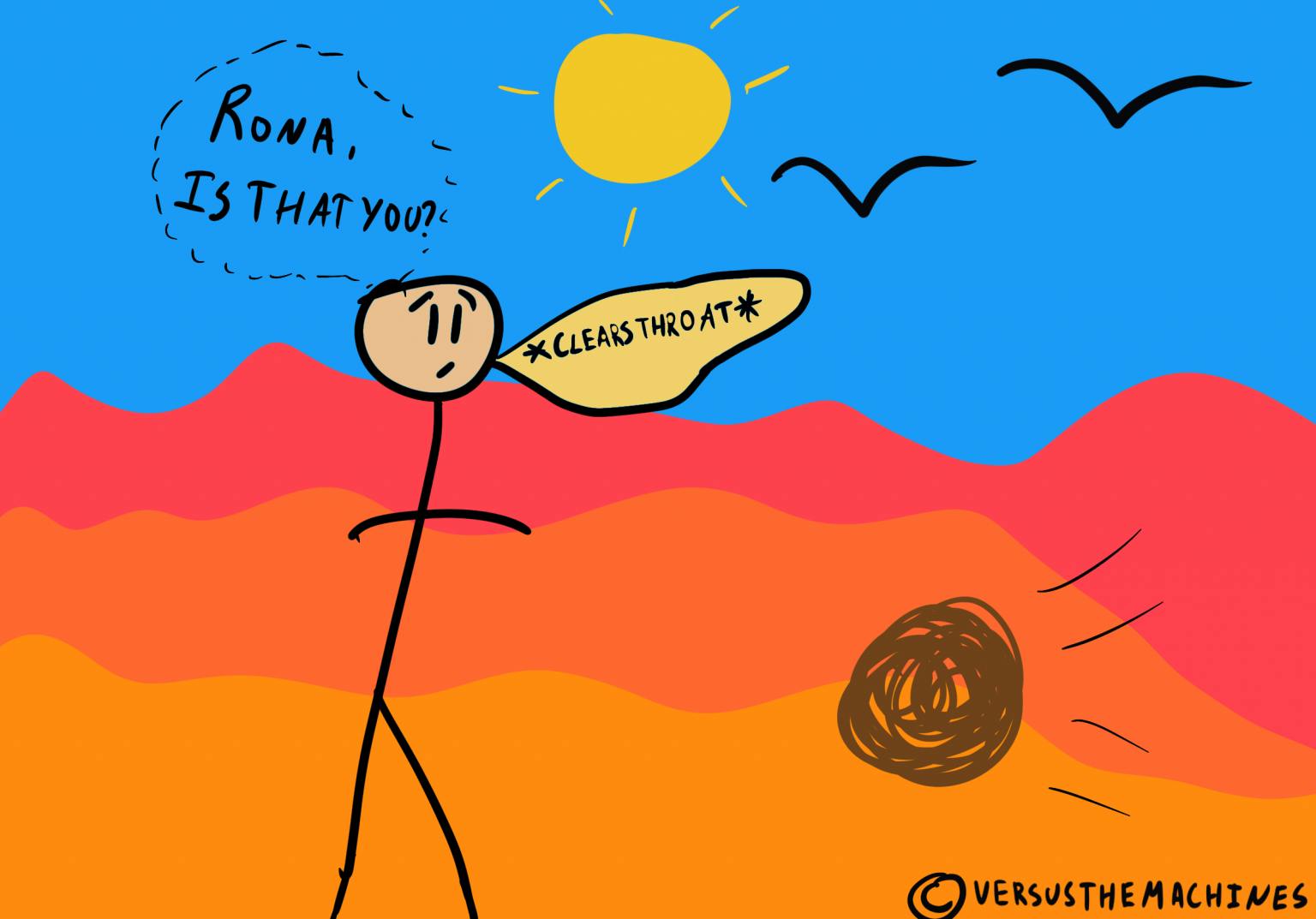
Foreword
Needless to say, the world is very different today compared to a few weeks ago. Things have more or less come to a standstill in a way that was recently unimaginable. With that in mind, I think it affords some of us the opportunity to become just a bit:
- Less afraid to miss out on what is out there, and more likely to fear missing out on what is here, now.
- More aware of just how equal we all are in some ways, and how incredibly unequal we are in others.
- More epistemically demanding of those we allow to take positions of power around us.
Behavioral Science, Democratized
We make 35,000 decisions each day, often in environments that aren’t conducive to making sound choices.
At TDL, we work with organizations in the public and private sectors—from new startups, to governments, to established players like the Gates Foundation—to debias decision-making and create better outcomes for everyone.
We know social isolation is not great
While none of us can say exactly what will happen next, it seems that many – definitely the most ever, though likely not enough just yet – people around the world are weathering the storm isolated in their homes. Social isolation can of course be a terrible thing, especially for those of us more vulnerable to psychological distress. It correlates with (though may not cause) things such as lower immune function, cardiovascular risk, insomnia, depression and in some cases even PTSD (e.g. Cacioppo & Hawkley, 2009). From a neurological point of view, social isolation is not well understood but seems to correlate with reduced activity in the Temporoparietal Junction – an area commonly associated with Theory of Mind, or our ability to put ourselves in other people’s shoes (Cacioppo et. al., 2011). All of this sounds like bad news for us. But not so fast – is social isolation really the accurate term for our collective experience right now? I’m not so sure.
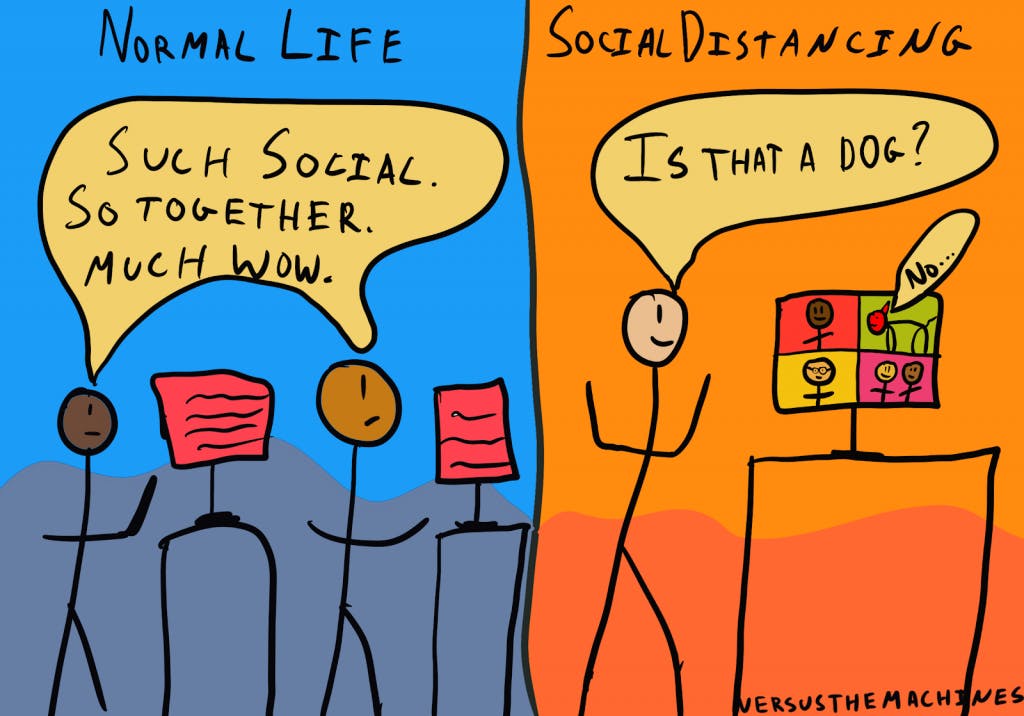
Is “social distancing” actually antisocial?
For many of us, what governments have called ‘social distancing’ has in fact been an opportunity to physically distance ourselves while in fact bridging the social distance to those closest to us and perhaps, in a way, those furthest as well. Without trivializing how difficult this time is for many of us – especially those already at risk or marginalized – I wanted to point out a few interesting opportunities this opens to some of us.
A moment to clarify whom this is addressed to…
Before doing that, I wanted to take a moment to say just how bad the current situation is, and just how disproportionately it is affecting marginalized groups. From everything we’ve seen so far, we know that this disease, at its core, isn’t particularly troublesome for those of who can self-isolate in a cabin for a few months. But for the masses in western countries that live paycheck to paycheck, or the far bigger number in developing countries that live day to day, this isn’t a remote possibility. A picture is worth a thousand words so:
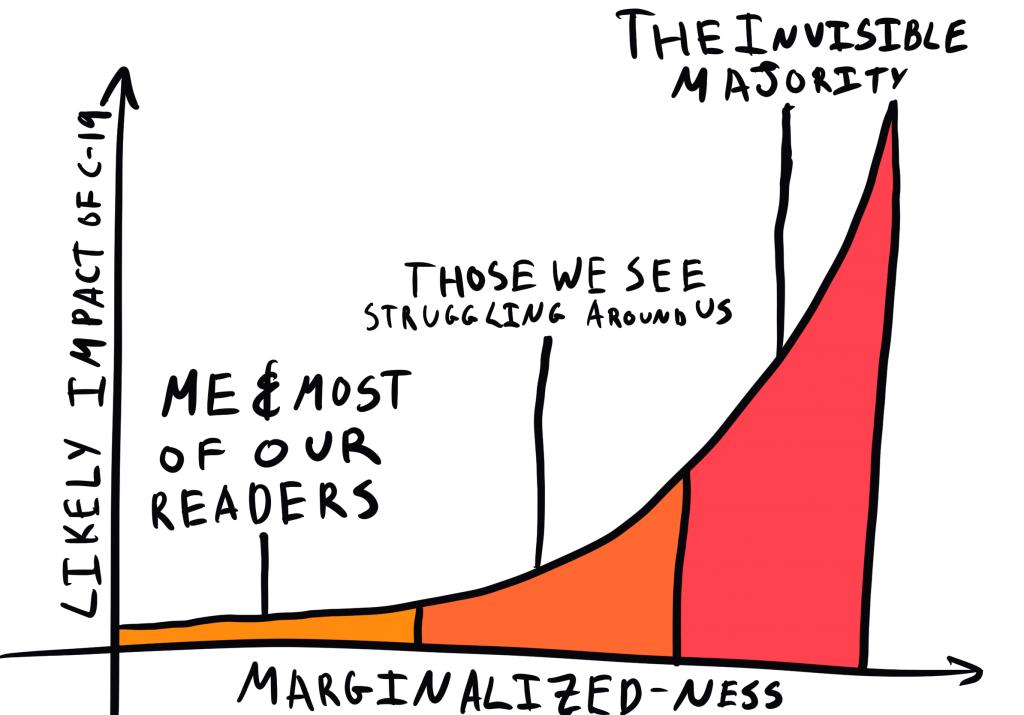
I’ll spend the rest of this article providing perspectives for our readers – opportunities for them to grow into more self-aware and responsible global citizens. Thus, when I say ‘us’ and ‘we’ – I will be referring to the yellow and orange (or are they both orange?) parts of this graph. For this us – especially those of us who are lucky enough to maintain our job security, and for whom the biggest change right now is more free time around the house – there is an additional responsibility to make use of this time in a way that can help those around us. With this aside, here are a few things I think we should be thinking about these days:
1. JOnMO: The Joy Of (not) Missing Out
One of the things afforded to some of us on the left of that graph is unprecedented opportunity to stop and think without a real opportunity cost. There has never been a moment in time when humans collectively stopped doing the things that we use to make each other jealous. FOMO (Fear Of Missing Out) has become so intense in the age of social media, especially in the context of developed economies, that one could be a genius rockstar astronaut and still feel that they are missing out on life.
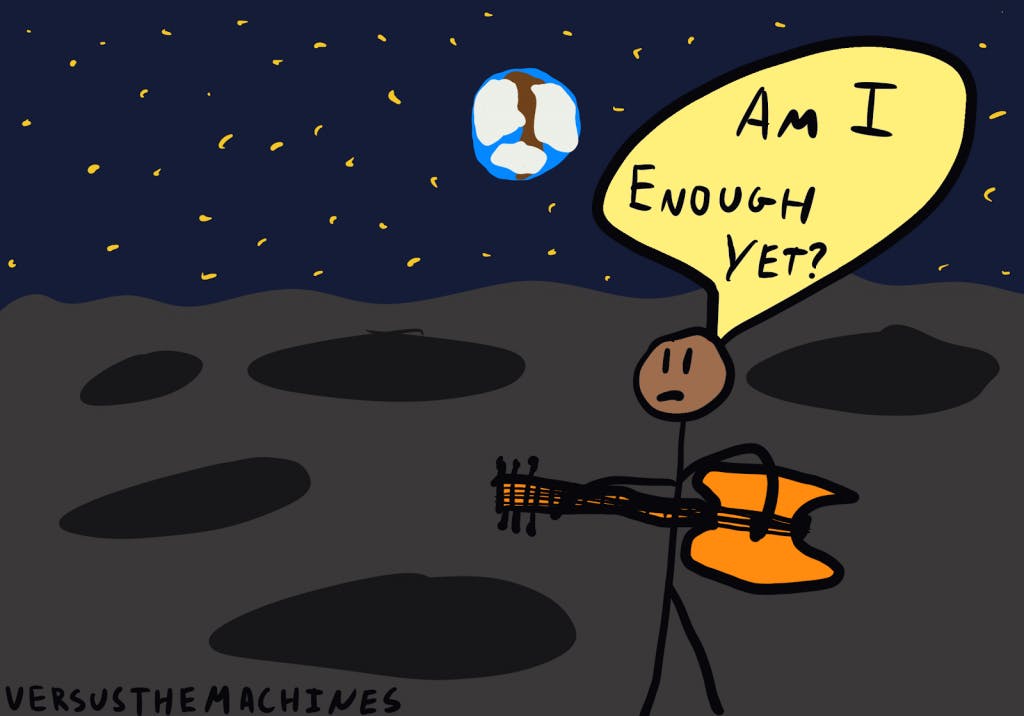
Live, laugh, love
We are constantly exposed to people around us ‘living their best lives’ and seemingly filling their time to the brim with things we can only hope to do 5% of our time. It makes things feel futile sometimes. It devalues our time and ultimately makes many of us feel that our lives could have been better spent. Ironically, it is the time spent entertaining this very feeling that makes a part of our lives misspent. But during this state of global limbo, there is barely anything out there that we would rather be doing (at least not things we could be doing). We are forced to pause, but it is quite different when we do it together. This crisis gives us the psychological license to distance ourselves from the weight of what could be and focus on the present moment. To perhaps get a taste of what it means to be human again, in an age where the meaning has been slipping away from us.
2. Self-Determination and the Great (un)Equalizer
Humans are social creatures and, as such, have a strong need to relate to others. This sounds like a trivial statement but it can drive large parts of our emotional and physical reality. Self-determination theory tells us that we monitor those around us to see how we are doing and then regulate our own state to reflect this assessment (e.g. Ryan & Deci, 2000). If we feel that we are ranking low in the social hierarchy, our brain punishes us. In “The Status Syndrome: How Social Standing Affects Our Health and Longevity”, Michael Marmot makes a solid argument that, well… what the title says. Unsurprisingly, it really matters who we look at when we think of ‘others’, because this will entirely drive our assessment
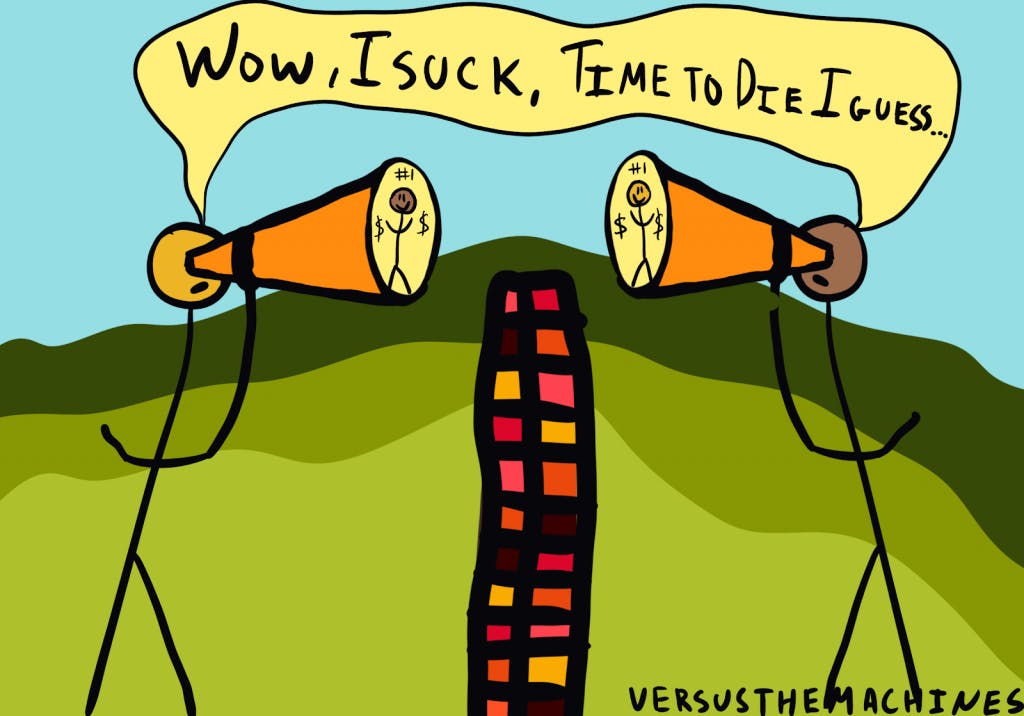
Status is a matter of defining your who your peers are
So what does social standing look like in the age of covid? Well, on one hand, this virus has exacerbated systemic inequalities around the world: between countries, between social classes, between age groups. Make no mistake – the widening of these gaps is perhaps the largest casualty in this global crisis. At the same time, the situation may, for the few of us who are in the yellow and orange part of my graph, instill a very strong sense that we are not poor Americans, Canadians, etc. but incredibly fortunate humans. It may change who we view as peers and give us the opportunity to self-determine in a healthier and more realistic manner.
The AI Governance Challenge
On one hand, this means that we may feel we are more equal than we ever thought – that we are just as vulnerable and mortal as anyone else. Political alliances, geographic borders and social classes may start to seem just a little less important when we read the news each morning. Oh those Italians are having an issue? That sucks, thank God I’m not in Italy. Wait.
On the other hand, the situation may teach us just how incredibly unequal and fortunate we are – to understand that we live in the yellow and orange zones of the graph above and perhaps make us wonder in a more real way than ever before what it is like to be in the red zone.
So which one is it – are we all equal or incredibly unequal? Well, for better or worse, both. The important thing Corona is teaching us is that our ultimate peer group when s**t hits the fan is humanity and not that neighbour who bought a new car. Corona may just be an opportunity to move toward this way of thinking. Will this feeling last when things get better? Perhaps not. But it does give us a chance to think a bit more deeply about how social standing – a driver of our mental and physical health – is, at the end of the day, a matter of perspective.
3. Ideology in the Time of Corona
Ideologies are abstract simplifications we use to deal with the world around us. Things are complicated, uncertain and confusing, while our brains are limited. In response to this, we form models about the world and operate ‘as if’ these models are true. This doesn’t just apply to things like political ideologies. Every single thing we perceive around us with our senses is, in a sense, a model of what is actually out there. We do not experience raw data about the world but always a simplification. While models can be both useful and dangerous, what is important is knowing when to use which model.
An illustrative example with hills
Suppose two scenarios where you want to go downhill – a sand dune and a dangerous mountain path. If you are going down the sand dune, you might just descend in whatever way you want, without much planning. You could run, walk, hop, roll down, etc. – a mental model of ‘just go down’ is probably sufficient for the task at hand. But if you are riding a mountain bike down a rocky mountain path with many obstacles, you would likely want to do more than ‘just go down’. You will take note of the tiniest changes in the path and respond to them. Similarly, as the environment around us changes and demands it, we let more abstract models go and replace them with more accurate and evidence-based ones. Or rather, we should. Some of us do not and this is becoming painfully obvious as we read news about people thinking this is a hoax by the dems. For those of us who do conform to basic principles of survival, we are sliding away from high abstractions and toward ‘wait, by how much will warmer weather affect the R0?’. If there were ever a situation that comes close to the mountain bike scenario, this is it. While we started by saying things like ‘ah covid is basically the flu’, most of us are by now amateur epidemiologists. Emergencies have a way of pulling us out of large abstractions and making us focus on concrete facts.
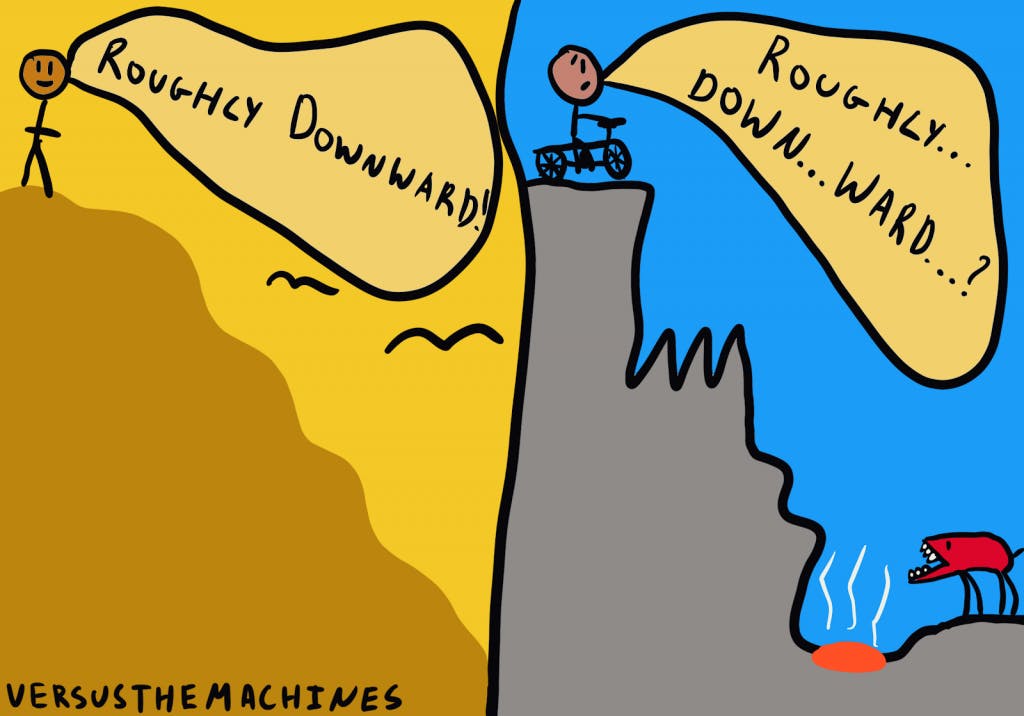
So what does this mean for the world? Certainly, some of us will continue to respond by doubling down on conspiracy theories and science denial. That is okay (not really). For many of us who are a bit less radical, it is too soon to say but we may see a shift along the model spectrum. Our epistemic standards may be affected by this global emergency. We might just demand a bit more integrity from news and politicians. We may just see that people pay just a tiny bit more attention to experts, become more evidence-based and stop saying things like ‘the environment is roughly okay’. Who knows what that kind of world could look like.
Conclusion
This is not one of those ‘oh, covid-19 is actually a good thing’ or ‘lemons into lemonade’ kind of posts. Nor am I saying we should all be meditating about the deeper meaning of life all day. People are dying every day and it sucks – all the more so if you are not lucky enough to be in the yellow/orange parts of my graph. Even for those of us in the yellow/orange, keeping our loved ones and ourselves safe should be our highest priority. However, I am making an observation around how our understanding of the world might collectively shift. It is my hope that we come out on the other side a tiny bit more grounded in ourselves, connected to fellow humans and willing to put effort in understanding the world around us so we can create a better collective reality. It may not happen but hey… now is as good a time as any.
References
Cacioppo, J. T., & Hawkley, L. C. (2009). Perceived social isolation and cognition. Trends in cognitive sciences, 13(10), 447-454.
Cacioppo, J. T., Hawkley, L. C., Norman, G. J., & Berntson, G. G. (2011). Social isolation. Annals of the New York Academy of Sciences, 1231(1), 17.
Deci, E. L., & Ryan, R. M. (2010). Self‐determination. The Corsini encyclopedia of psychology, 1-2.
Marmot, M. (2004). Status syndrome. Significance, 1(4), 150-154.
About the Author
Dr. Sekoul Krastev
Sekoul is a Co-Founder and Managing Director at The Decision Lab. He is a bestselling author of Intention - a book he wrote with Wiley on the mindful application of behavioral science in organizations. A decision scientist with an MSc in Decision Neuroscience from McGill University, Sekoul's work has been featured in peer-reviewed journals and has been presented at conferences around the world. Sekoul previously advised management on innovation and engagement strategy at The Boston Consulting Group as well as on online media strategy at Google. He has a deep interest in the applications of behavioral science to new technology and has published on these topics in places such as the Huffington Post and Strategy & Business.
